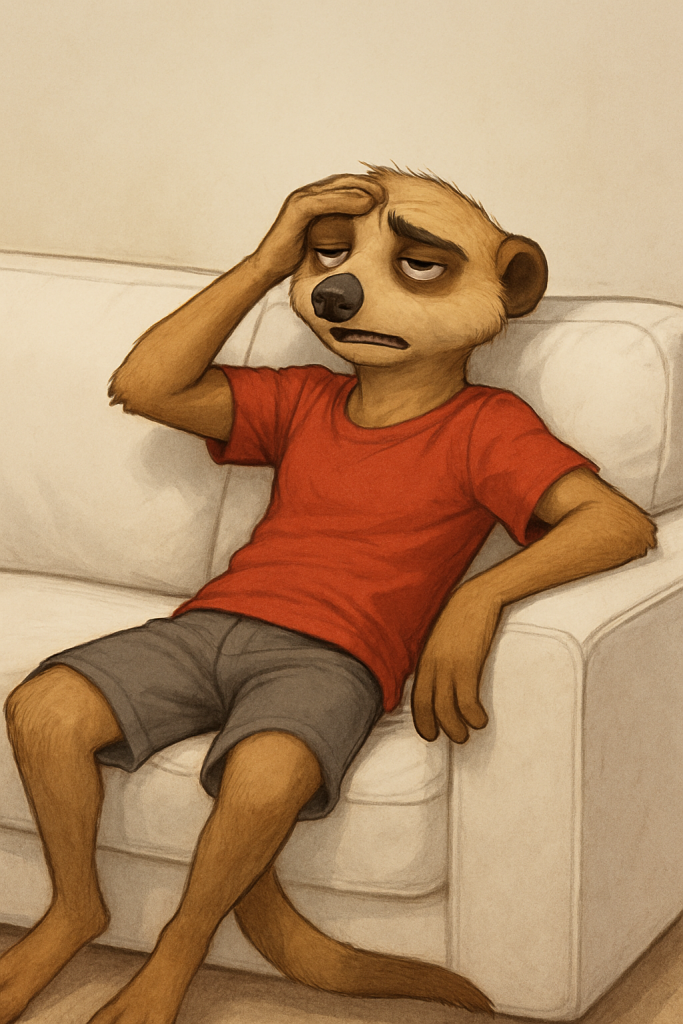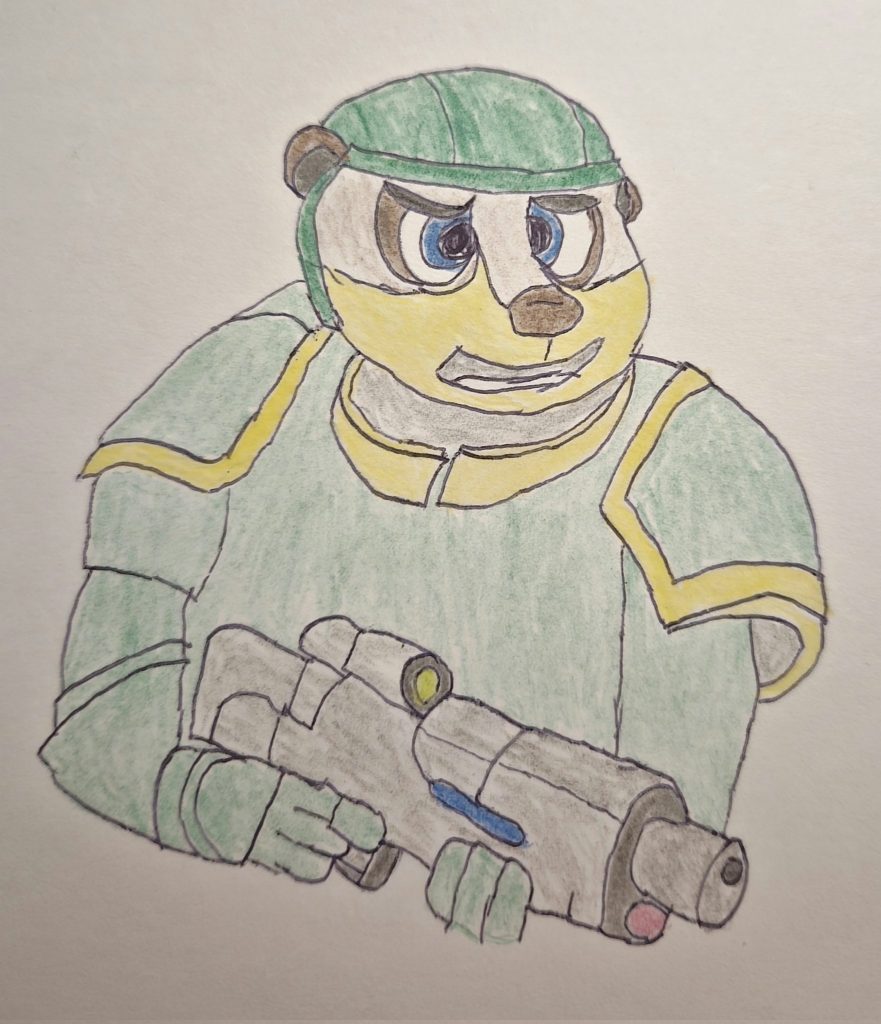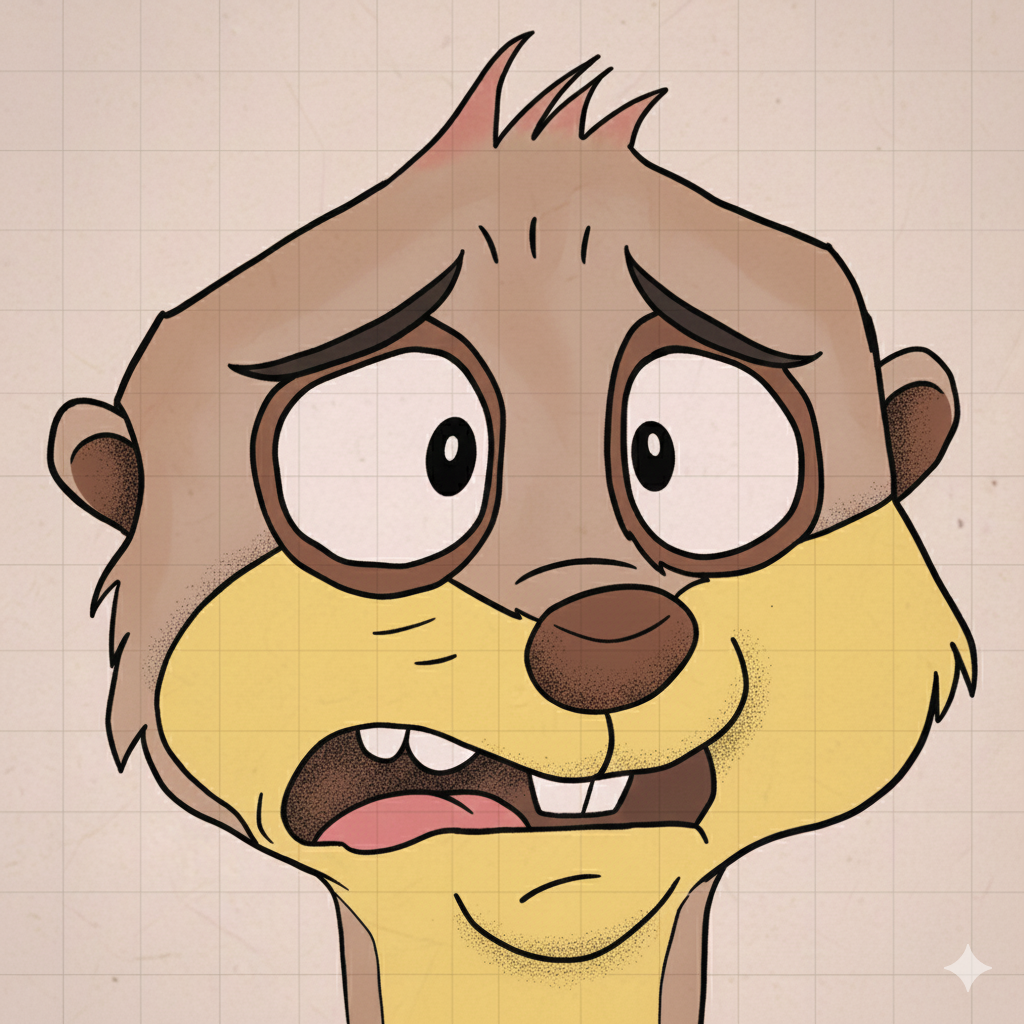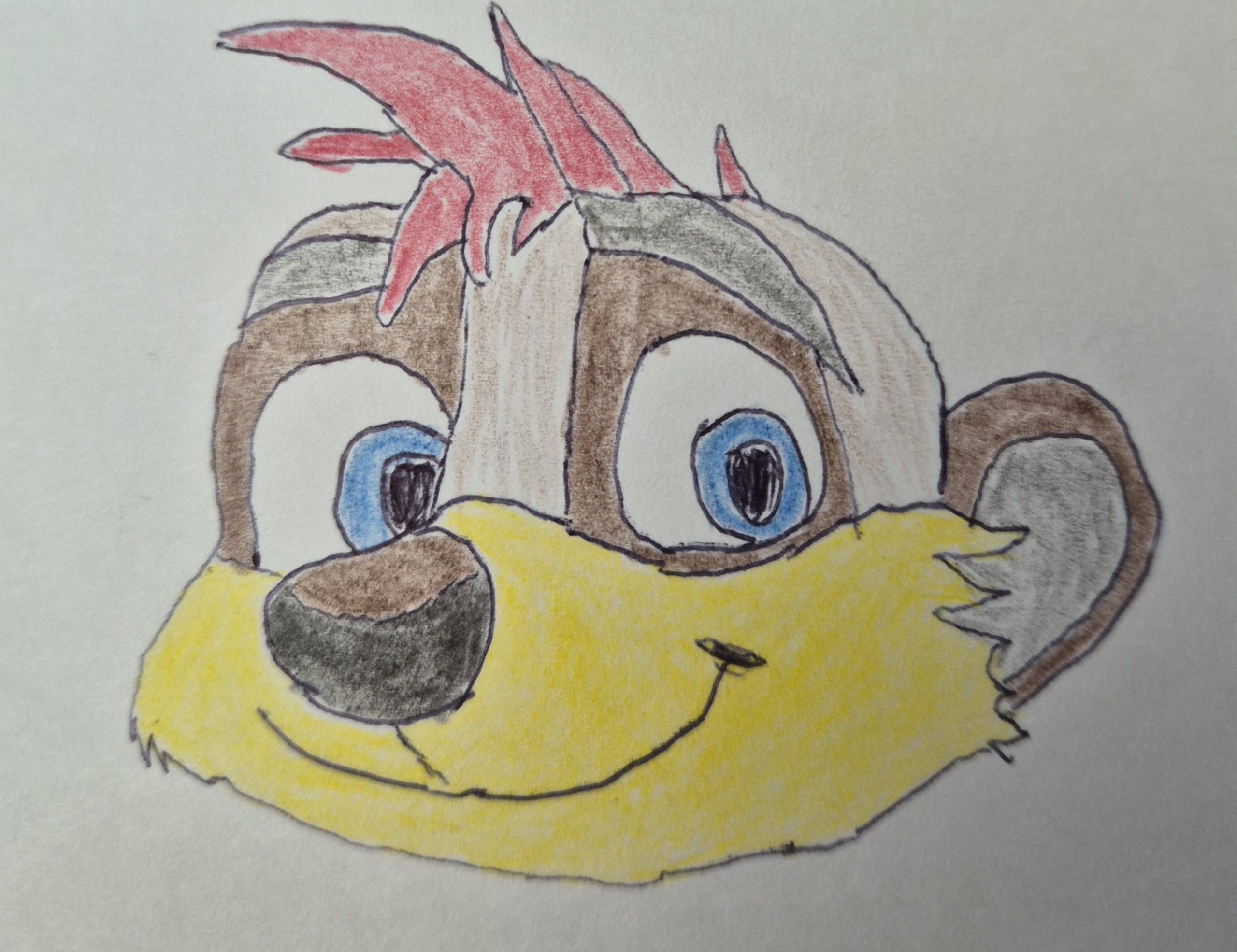The Thinking ‘Kat: AI and Copyright
Over on Twitter, there has been something of a storm brewing within the furry community. Furry drama is a somewhat regular occurrence (I suppose you can say that about pretty much anything, to be fair), and I tend to stay out of it. On this occasion though, it’s caught my attention.
An artist recently provided a patron of theirs with a commissioned piece of art. That patron then fed that art into an AI mechanism to animate it. The artist was appalled, and revoked permission to share their art. Cue running commentary from various factions about who was legally and morally permitted to do what. This also led to discussions on what the future of artwork will be. From a legal situation, I cannot speak for the entire global picture, but since it appears that both the artist and the customer are in the USA, US copyright laws apply. The question is a matter of ownership. Who holds possession of a commissioned artwork?
The short answer is that the copyright remains with the artist. When you commission art from someone, you have the right to use it for your purposes, such as displaying it on a website, but you don’t own it as such. To offer an analogy, when you buy a video game, you are granted a licence to play the game, but you don’t own the game. In the same vein, if you buy a DVD box set of a TV show, you own that set of DVDs, but you don’t own that TV show (perhaps that makes more sense).
If you then somehow modify the contents of said TV show, or game, or artwork, and redistribute it, you are then in violation of the terms of service. In this specific instance, the artist made it clear in their terms of service that using their art to train AI was against their rules, and thus has every right to terminate any relationship with the buyer, and retract the buyer’s permission to use their artwork in any way.
To be honest here, all of this strikes me as perfectly reasonable. It is what the law on copyright makes clear. The holder of the rights is the artist, they do not hand those rights over to the buyer, so whilst the buyer may share what the artist has done for them online, they cannot make modifications, and if the artist has made it clear their work is not to be used to train AI, the buyer should not do so. This has not stopped quite a few pro-AI proponents from arguing otherwise, and it does bring back to the fore some thorny questions for content creators.
The Future of Art?


It is inevitable that discussions and arguments over AI-generated content lead to questions about the future of any given art medium. It also creates some moral issues, particularly around charging for AI-produced content, and using AI to modify content. As an author, I strive to be authentic in my content. I won’t use AI to write a story for me. Every word that I write has to come from me, or what is the point? AI can now write, or be used to ‘improve’ writing (this is even a feature of email services), yet it is painfully apparent that such writing is sterile. There is no heart to it.
AI is now being used to generate videos, and music. Major studios have used it (Marvel’s dubious TV series Secret Invasion used a title sequence generated by AI, and it showed). I’ve personally used AI to generate images for Meerkat Musings, on the grounds that I cannot draw, and cannot afford to commission artists to draw for me. I’m not thrilled about my reliance on AI, but it has given me an outlet to express myself in ways I could never have managed otherwise. With that said, I am working on doing my own drawings, in a bid to be more authentic.
The human element to our creations – be they books, movies, music or paintings – is a critical part of our history and our culture. AI can be a useful tool, but it should not replace human beings. Can a machine generate something with the same emotional power of Beethoven’s works, or Shakespeare’s resonating, inspiring words?
With all of that said, there is still the uncomfortable reality that AI is fast-becoming a key ingredient in creativity, and also in society-at-large. It’s getting more powerful. More and more resources are being pooled into developing increasingly advanced AI. The market for AI is expanding, as is its worth, and this is driving further interest. The commercially available AI systems driven by the likes of Meta, Google and Microsoft can already do remarkable things, and there’s no telling what government and military AI systems are out there, pushing the boundaries beyond what even the likes of Grok and Gemini can do.
AI is going to be a part of our future, and certain of our children’s future, whether we like it or not. It’s going to be used to create, and it’s going to get better at it. What is critical is that we only use it to supplement creativity, not subvert or replace it. We also need to ensure that creators are legally protected from exploitation by AI and its supporters.






‘Kat Comments